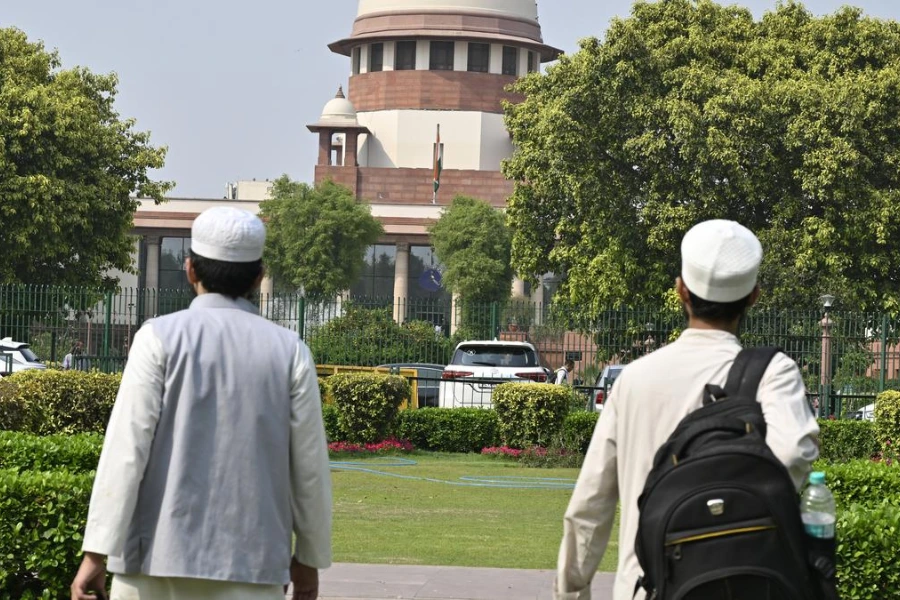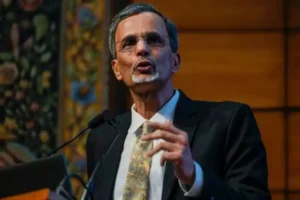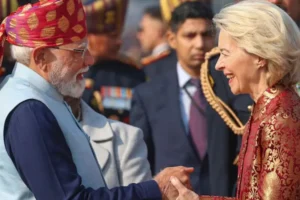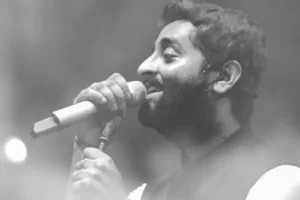
In the backdrop of ever-ongoing deliberations regarding the controversial Waqf Amendment Act 2025, the Supreme Court of India, under the aegis of Chief Justice of India (CJI) Sanjiv Khanna, indicated that it wants the central government to provide unequivocal clarifications regarding significant matters in the Waqf Act. The hearings showed a confluence of judicial scrutiny and judicial wisdom, with the court providing several significant comments to both the petitioners and the government. This development has attracted the interest of lawyers and socio-religious interest groups, quickly becoming one of the more prominent recent news stories in our nation’s legal landscape.
Discussion Upon the Inclusion of Inter-faith Participants
At the two-hour hearing where the CJI questioned Solicitor General Tushar Mehta if Parliament had ever allowed inter-faith individuals on boards controlling the religious affairs of another community. While Mehta replied in some level of ambiguity, stating there are instances of such boards, the bench asked for instances.
In reply to the bench the government referenced the Bombay Public Trusts Act of 1950, a secular Act governing temples, waqfs and various religious and charitable trusts. However, Justice K V Viswanathan questioned whether this was a fair comparison and orientated the discussions around the rules that govern Hindu religious and charitable trusts.
Court’s Balanced Observations for Petitioners
CJI Khanna stated in response, “The Limitation Act has pros and cons,” referring to the difficulty in balancing rights and judicial efficiency. Over Inheritance and Fundamental Practices of Religion Sibal also discussed issue of losing mussalman laws on inheritance.
But CJI Khanna laconically remarked “You cannot say Parliament can’t make a law on inheritance.” “We have the Hindu Succession Act.” The 2025 Act clearly provides that, establishing waqf-alal-aulad (family waqf) does not limit the right of heirs not only women, it is to be progressive.
Sibal also argued that waqf is a primarily religious right under article 26, which gives the right to religious affairs. However, Justice Viswanathan warned against conflating the two issues as the larger panel has just begun a re-examination of the doctrine of essential religious practice.
Weighing from the Workbench
CJI Khanna, throughout the hearings, acted as a neutral party—emphasizing the need for the government to justify controversial provisions while at the same time encouraging the petitioners to find some benefits of the law.
On consideration of Waqf in terms of User Provision CJI Khanna also asked for the rationale behind the government deciding to remove the traditional waqf by user from the new 2025 Act. “I accept that there may be misuse, however, many waqfs in use are genuine and historical.”
CJI Khanna warned, “If you are going to denotify waqf by user that will cause problems,” stating that a more considered approach would be necessary. The clause that has now been removed previously allowed for religious properties to be considered waqf because they simply had public usage for a time and documented evidence was not necessary.
Court’s Equitable Education for the Petitioners
As the bench did not shy away from challenges raised by the petitioners. Senior Lawyer Kapil Sibal, on behalf of the petitioners, raised concerns at the other end of the value chain – viz the removal of the protection of waqf under the Limitation Act meaning waqfs may lose the ability counter encroachment. When the Waqf Act of 1995 exempted the Limitation Act, it meant waqs could respond to property encroachment and not be restricted by time frames. The 2025 amendment removes this exemption and thus delayed claims now, subject to time limits.
“The Chief Justice stated, ‘It cannot be denied that there are positive elements for both sides that they both seem to be overlooking’ “. We have to be careful again to not allow the legal tussle to devolve into pure combat.”
What Lies Ahead?
CJI Sanjiv Khanna will conclude his judicial term on May 14 and he has just 18 working days left in his term. As the clock ticks down, legal pundits are wondering whether any definitive insights will come before his retirement. While dissecting discussions about secularism, religious freedoms, and changes to governance, the Waqf Amendment Act continues to be a source of vigorous legal and social celebrations.
It must be said that it has quickly arisen to the forefront of one of the most enjoyable recent news updates in today’s public discourse.





